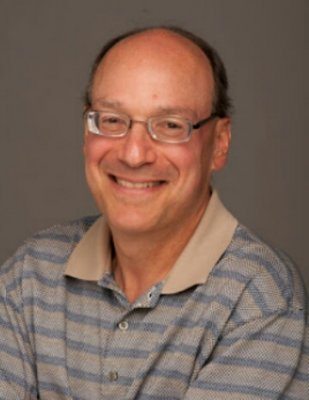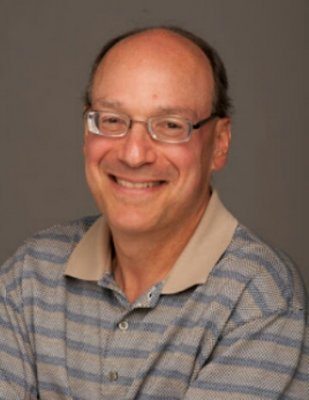Thirty years ago today, I walked into York Preparatory School on New York’s Upper East Side for my first day as a high school history teacher. I had no formal training as a teacher except for my degree in History from Syracuse University. I had been working in advertising for a Madison Avenue firm that no longer exists using the other major I completed at Syracuse, in Telecommunications Management from the Newhouse School of Public Communications. I liked the work, liked the atmosphere, liked the potential for advancement and economic gain.
And yet.
From the time I was about 15 or 16, I had thought about teaching and knew that I could be successful at it, but I didn’t pursue it for all of the logical reasons: low pay, lack of societal respect, and low pay. I loved history, and obviously still do, and had fun taking courses. I went into acting and stand-up comedy, worked in television in New Jersey and advertising in New York. The turn to teaching came, as many great things in life, by happenstance.
I had a friend from college who was a teacher and she told me there was an opening at the private school where she taught, and she also said that you didn’t need a teaching certificate to teach in private schools. I called and was able to schedule an interview. Turns out the headmaster went to graduate school with my father. He was a nice guy. The head of the history department wanted someone with more experience. I figured I had come to the end of the string.
Four months later, a different headmaster called me and said he’d gotten my name from this other headmaster, who happened to be his brother-in-law. It turned out that one of the teachers wasn’t working out and was I interested in teaching? I interviewed. The headmaster was a very nice guy, and so was the department chair. We talked history for an hour. They hired me.
I wore a three piece suit with Allen Edmonds wing tips on the first day. Reported at 8:00, while my first class wasn’t until 11:30. During that crucial three hour stretch, I received my teaching degree from the Ronald P. Klein School of Teacher Preparedness. Ron was a fellow history teacher and over the four years I was at York Prep we became very good friends. They were probably the most productive hours in teacher training I’ve ever spent. He told me to focus on classroom management and to engage the students at every turn. He said to be respectful, but not to smile before January. He said to make students think and write, write, write. It was terrific advice. I still follow it, except maybe for the smiling part.
But the best part was that I loved it, as I thought I would. Loved being with the students studying history. Loved the energy and inquisitiveness that most of the students exhibited. Loved the atmosphere. Loved the schedule. Loved it.
And I still do. Yes, I have written over the years about how teachers aren’t as respected in American society as they need to be, and I don’t see that changing any time soon. And yes, pay increases are not keeping up with the cost of living in New Jersey, and many teachers are actually taking home less pay despite some salary increases because they are paying more for their health and pension benefits.
Oh, and then there is the constant, cyclical adoption of trendy educational ideas that are supposed to guarantee student success in the classroom and in life. Back-to-basic education, Whole Language instruction, Reading in Context, Cooperative Education, Differentiation, Phonics, New Math, Self-Esteem, Learning Clusters, and now Common Core Standards. I’ve missed many, but they’re all fads including the new teacher evaluation system in many of the states. These too will be replaced soon because they don’t do what they promise to do, and that’s to improve both teacher and student performance.
What will guarantee education excellence is to have excellent teachers in the classrooms. So far we’ve done a good job of that, but we need to do more to ensure that the next generation of teachers is more widely respected, paid according to their societal worth and make sure phony politicians have as little to do with what happens in schools as possible.
I consider myself lucky to be able to say that I still enjoy getting up at 5:30am to teach history. Still enjoy being in the classroom interacting with students. Still enjoy the give-and-take of academic discourse. Still enjoy the positive comments I receive about the work I’ve done.
Have a great day, and Happy Thanksgiving.
For more, go to www.facebook.com/WhereDemocracyLives or Twitter @rigrundfest









